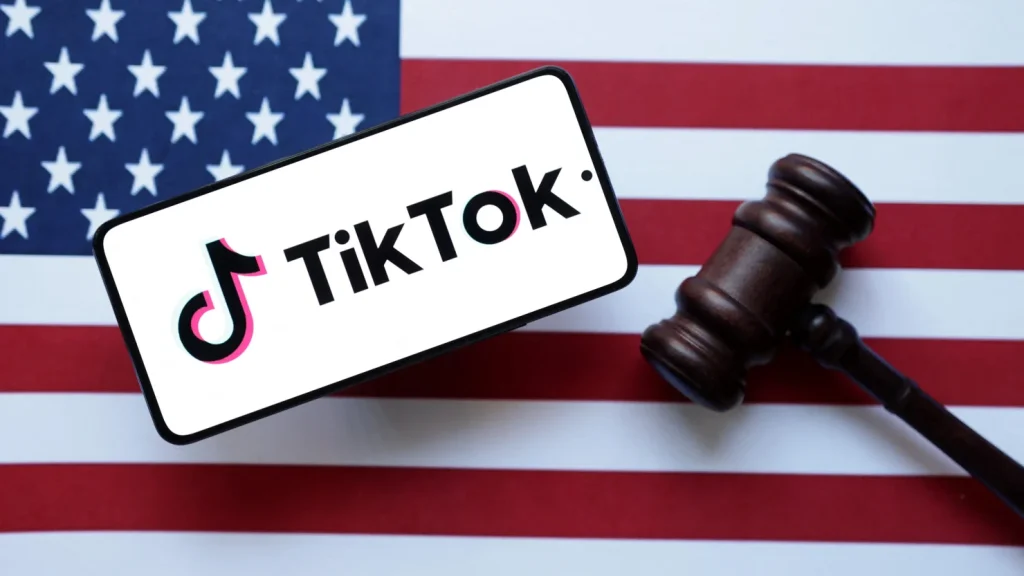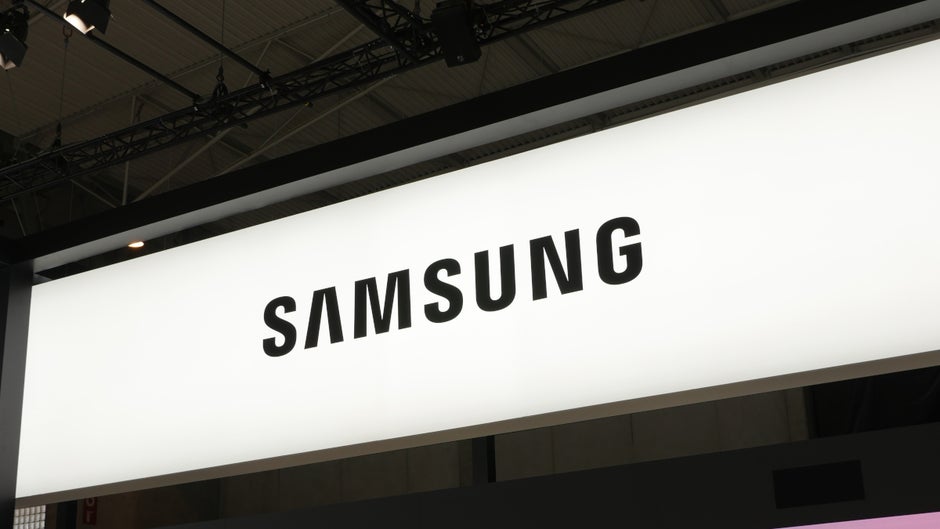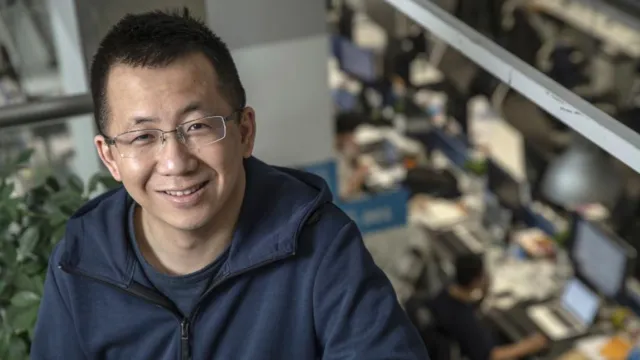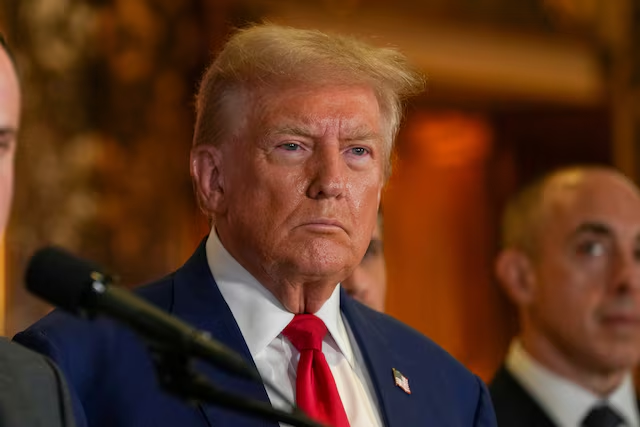Huawei Unveils New Flagship Phone
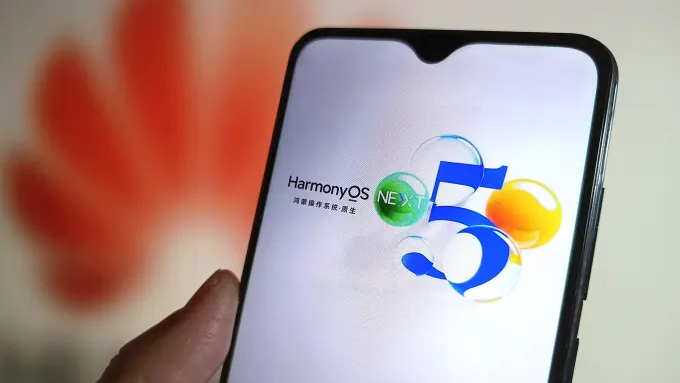
Huawei Unveils New Flagship Phone with Homegrown Software
Chinese tech giant Huawei has unveiled its latest flagship phone, the Mate 70, which boasts entirely homegrown software. This move is seen as a strategic effort by Huawei to reduce its reliance on foreign technology and defend against potential sanctions by the US government.
The Mate 70 smartphone, priced starting at $760, features the HarmonyOS Next operating system, which is a significant departure from the Android-based apps that Huawei’s previous phones supported. This new operating system is touted as a “pure-blooded” technology developed solely by Huawei’s engineers.
According to Richard Yu, the chairman of Huawei’s consumer business, the Mate 70 is the company’s most powerful phone yet. “We have always been copied but never surpassed,” Yu said during the launch event. He also announced that all of Huawei’s new phones and tablet devices would run on its own operating system starting next year.
The Mate 70 is the successor to last year’s Mate 60 series, which surprised industry experts with its advanced technology despite the US restrictions on China’s access to foreign semiconductor technology. The new phone represents a significant step in Huawei’s software evolution, according to Lucas Zhong, a research analyst at Canalys.
Huawei’s shift away from the Android ecosystem is seen as a crucial move to maintain momentum in the premium segment, solidify consumer loyalty, and attract potential platform switchers. The company’s ability to develop its own operating system and attract developers to create compatible apps will be essential to its success.
Huawei’s fortunes have changed significantly over the past year. According to Canalys, the company’s share of the Chinese market for phones costing more than $600 has grown from 11% in the third quarter of 2022 to 33% in the same period this year. Over the same period, Apple’s share of the same high-end market fell from 72% to 52%.
Huawei’s journey to develop its own operating system began in 2019, when the company was placed on a US trade blacklist. The ban prevented American firms from selling tech and software to Huawei without a license, including Google’s Android OS. Huawei’s newest smartphone has already received over three million pre-orders.
The company’s goal is to establish HarmonyOS as a third major mobile operating system, alongside Apple’s iOS and Google’s Android. To achieve this, Huawei needs to attract a large number of developers to create compatible apps. According to Eric Xu, the rotating chairman of Huawei, the company aims to have 100,000 applications developed for its operating system over the next year.
While Huawei’s efforts to develop its own operating system are impressive, analysts caution that it will take time for the company to establish a competitive ecosystem. Mengmeng Zhang, a senior analyst at Counterpoint Research, expects the Mate 70 series to achieve over 10 million shipments over its lifetime. However, she notes that expanding the developer community and establishing a competitive ecosystem will be a challenging task for Huawei.



